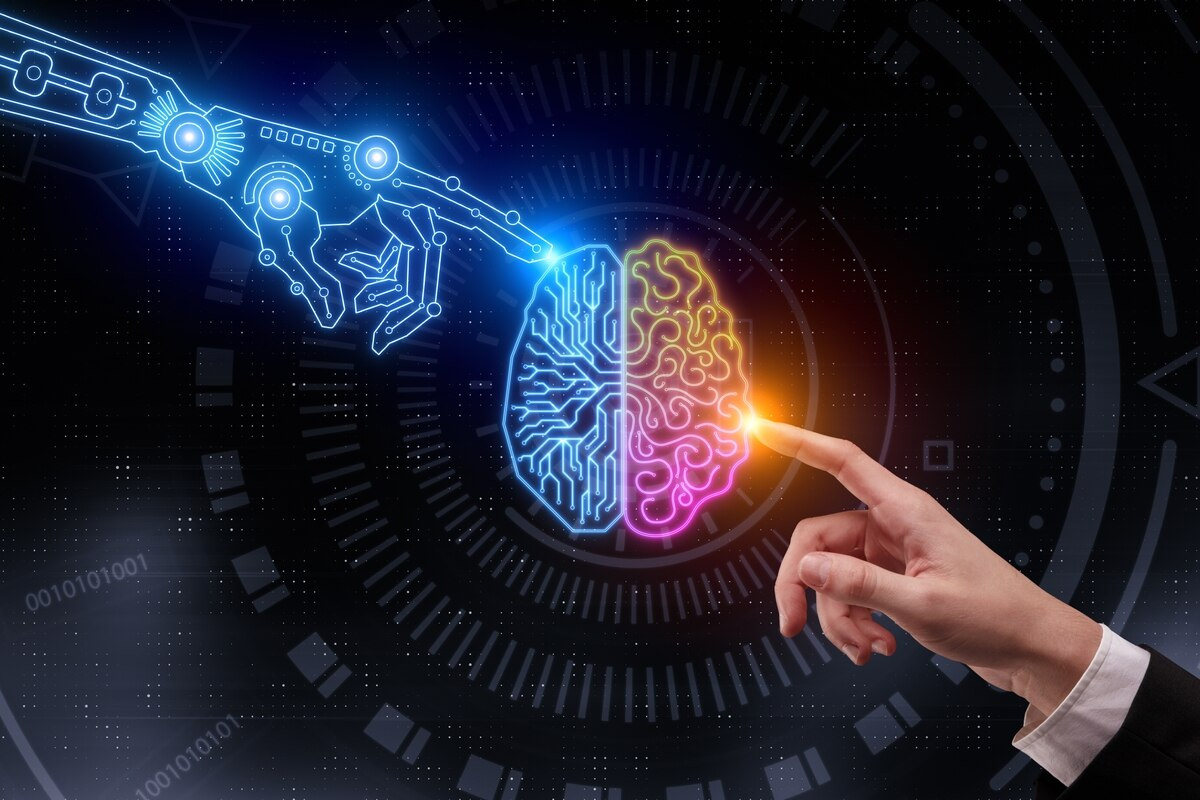Introduction
Artificial intelligence has the potential to revolutionize many aspects of our lives including healthcare. One promising area where AI can be applied is genomic medicine to better understand diseases, develop new drugs and provide more precise diagnosis and treatment. With advancements in computing power and machine learning techniques, AI is being applied to the digitization and analysis of genome data to gain new medical insights.
Machine Learning to Analyze Genome Data
Machine learning algorithms are being employed to analyze the huge amounts of genomic and other related biomedical data that is now available. Deep learning neural networks can discover complex patterns and relationships within this data that would otherwise be impossible to detect through traditional statistical techniques. Researchers are training machine learning models on genome sequences, medical images, electronic health records and other data to gain new biological insights.
For example, machine learning has been used to predict if a variant in the genome is likely to be pathogenic and cause disease or if it is likely to be benign. Sequence data from millions of individuals has allowed neural networks to learn the subtle patterns that differentiate disease-causing from harmless variants with far greater accuracy than traditional algorithms. This application of Artificial Intelligence in Digital Genome has great potential to improve genetic screening and diagnosis.
AI to Accelerate Drug Discovery
Another promising application of AI is in accelerating drug discovery and development. Machine learning can help analyze large chemical libraries to predict new molecules that may be effective treatments. It reduces the need for expensive laboratory experiments by first screening compounds in silico. Networks can also be trained to predict how well a drug will bind to specific protein targets or how likely it is to have adverse side effects – greatly streamlining the drug development process. Computational methods incorporating AI are speeding up each step from target identification to clinical trials.
Precision Medicine through Genomic Profiling
With the ability to sequence whole genomes quickly and inexpensively, precision medicine aims to tailor medical treatment to each individual’s unique genetic makeup. Machine learning models are being developed to integrate a patient’s genomic and other omics data along with their medical records and symptoms to identify the specific molecular factors underlying their condition. This enables a prediction of which existing drugs or therapies may work best, or which new compounds currently in development deserve priority clinical testing. AI thus allows a highly individualized approach maximizing effectiveness and minimizing side effects based on a digital profile of each patient.
AI to Generate New Medical Knowledge
The scale of available genomic and biomedical data combined with advances in deep learning are enabling AI systems to generate new biomedical hypotheses and insights that were not explicitly programmed. Models trained on vast clinical databases have uncovered unexpected disease subtypes and new biomarkers. Machine learning has also been able to suggest candidate genes involved in diseases before they have been discovered through traditional research methods. As AI systems are exposed to larger datasets over time, they will likely uncover an increasing number of unknown relationships and generate novel testable hypotheses to further human scientific understanding in ways not previously imagined.
Artificial intelligence is being applied to analyze the huge amounts of genomic and other biomedical data now available. Machine learning allows discoveries of complex patterns not evident through traditional statistical techniques. AI is accelerating drug discovery, enabling precision medicine through individualized genomic profiling and generating novel medical insights. As more data and more powerful techniques are developed, AI will transform genomic and other areas of medicine with implications for improved diagnosis, new treatments and an increased understanding of human health and disease.
*Note:
1. Source: Coherent Market Insights, Public sources, Desk research
2. We have leveraged AI tools to mine information and compile it



